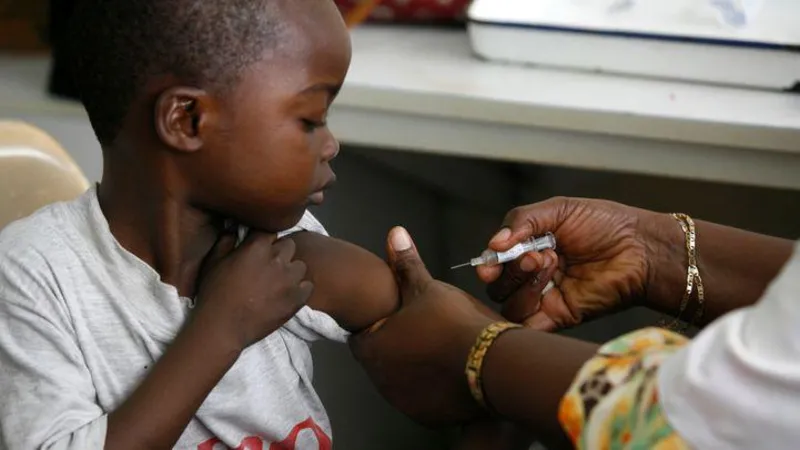At least 25 per cent of Nigerian paternity tests disprove fatherhood, according to Smart DNA’s 2025 Annual Testing Report, underscoring deep cracks in family trust and rising demand for scientific proof of parentage.
The report, released Sunday, reveals that one in every four presumed fathers tested between July 2024 and June 2025 were not the biological parents of the children in question. While slightly lower than the 27 per cent recorded in 2024, the figure highlights persistent uncertainty in Nigerian households.
Immigration-related testing is also on the rise. Cases linked to relocation abroad surged to 13.1 per cent of all DNA tests, fuelled by the ongoing “Japa” wave.
The centre noted that many dual-citizenship families now use DNA testing to secure foreign documentation for their children, often as a “second passport” strategy.
The gender divide in DNA test requests remains stark: men initiated 88.2 per cent of paternity cases, compared to just 11.8 per cent initiated by women.
Findings also show that firstborn sons accounted for 64 per cent of negative results, making them the group most affected by disputed parentage.
Smart DNA’s Operations Manager, Elizabeth Digia, said the figures highlight the urgent need for reform. “Nigeria lacks specific paternity fraud laws, unlike South Africa, leaving men with little legal recourse after years of financial responsibility for children proven not to be theirs,” she explained.
She called for DNA testing to be integrated into family health programmes and premarital counselling, stressing that misconceptions still persist. “Many believe DNA testing is only for wealthy families or assume physical resemblance guarantees paternity. Our goal is to provide certainty through accurate testing while ensuring sensitivity in handling results.”
The centre added that the numbers reveal not only legal and social gaps but also the socio-economic pressures shaping family structures in Nigeria today.


